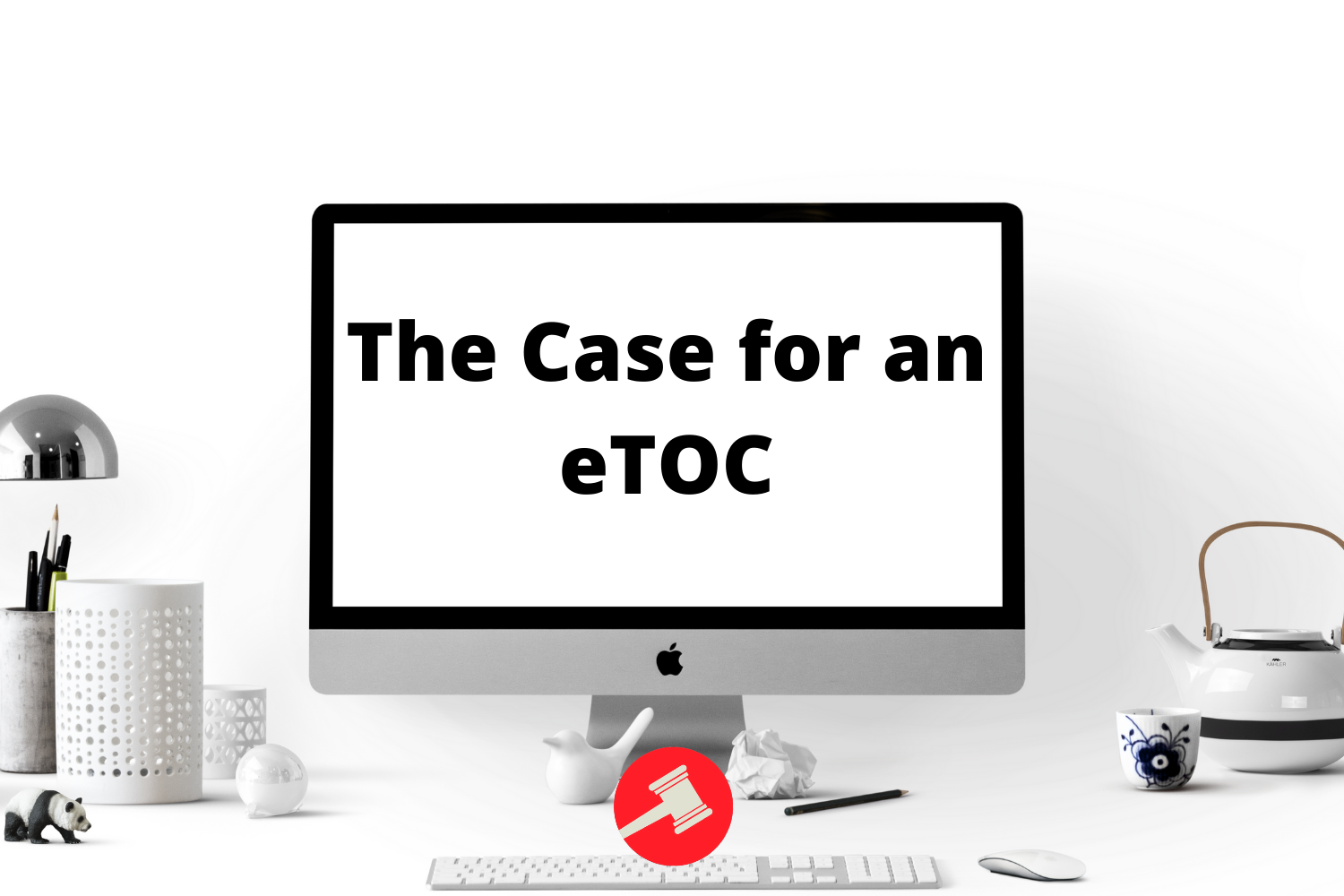TOC Diversity Enhancement (New)
This post details the changes made to TOC mutual preference judging, announced by Greg Malis on 4/23.
UPDATE: To mark that you are diversity enhancing, go to your tabroom account page, click “Upcoming” under the “Judging” header on the right side, then check the box next to “Diversity Enhancing?” If you return to the page, it should show the box is checked and say “YES” next to it.
Below is the e-mail sent from Greg Malis to LD coaches on 4/23 about the new diversity enhancement measures for this year’s TOC. These measures were announced to clarify the change made on 4/13, which first added a Diversity section to the LD procedures (see below).
Dear LD Coaches,
The pref sheet will open on Monday. As a member of the advisory committee and tab staff for the LD division, I wanted to communicate the TOC LD procedure to promote diversity in judge placement at this time because the procedure itself may have some impact on how you and your debaters complete pref sheets.
Judges who have opted in as diversity enhancing will be marked on the pref sheet. When assigning judges, we will always choose mutuality over preference for any debate where at least one debater has two losses or fewer. That means that a 3-3 judge is preferable to a 1-2. The only exception to this may be in elimination rounds, where a 1-2 judge may be balanced with a 2-1. Thus, the sum of the ratings should be equal.
For every round, the tabulation software will assign judges. We will make manual changes if the mutuality over preference standard is violated. This is normal practice at any tournament that is using MPJ.
For the purpose of diversity, we will also look at judges who were not assigned to a debate. If an unassigned judge opted in as diversity enhancing, we will look for a debate in which that judge would be a 3-3 or better. That means that we will replace a previously assigned 1-1 or 2-2 with a diversity enhancing 3-3. The only exception is for debaters on the bubble (exactly 2 losses). Those debaters who were given a computer assigned 1-1 will keep their 1-1. We will NEVER publicize if such a substitution is made. When pairings are released and a debater is assigned a 3-3 who opted in, the debater will not know if that 3-3 was originally assigned or a replacement for a 1-1 or a 2-2.
Finally, please be mindful of the tournament expectations on your ratings, especially for those who opted in. We will monitor your pref sheet when you submit it. Although it may be deemed valid in terms of the appropriate round counts in each category, we will still review it. Preferences based on racial or gender discrimination are inconsistent with University of Kentucky policy. If we suspect that this has occurred, we will discuss with you. At the discretion of the tab room, we may ask you to re-evaluate your preferences or we may tilt more towards diversity than preference when placing judges for your debaters.
We are committed to supporting the tournament’s diversity policy, and we accept responsibility in its fair implementation. Please contact us if you have any questions.
Thank you,
LD tab staff
The following is the initial policy added to the LD procedures on 4/13:
The University of Kentucky strongly supports a diverse and inclusive academic environment. As such, the Tournament of Champions values the principles of diversity, equity, and inclusion with regard to tournament practice. In particular, the TOC seeks to offer a diverse and inclusive judge pool. Examples of diversity enhancing measures include:
• Utilization of the diversity enhancement function on tabroom.com. Those who self-identify as diversity enhancing including but not limited to persons of color and women may “opt in”.
• The TOC is committed to providing financial incentives to the creation of a diverse judge pool
• The tabulation staff will seek to enhance the diversity of preliminary as well as elimination round judge assignments. These efforts will seek to balance the goals of inclusion with the policy of mutual preference judging.
As a point of clarification, this position does not imply that judges should be used over their commitment, but that the tab room will seek to actively use those judges where they are obligated and/or have made themselves available to judge. The TOC will as part of its mission, work to expand the overall pool of diversity enhancing judges.

